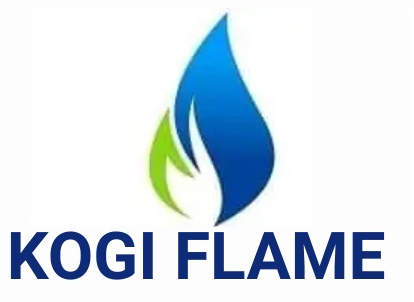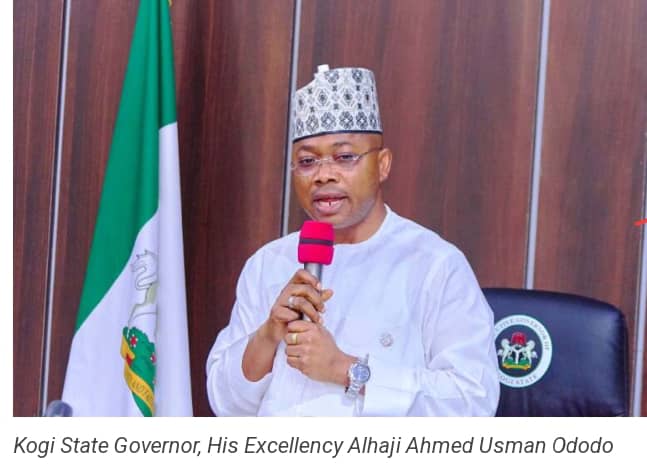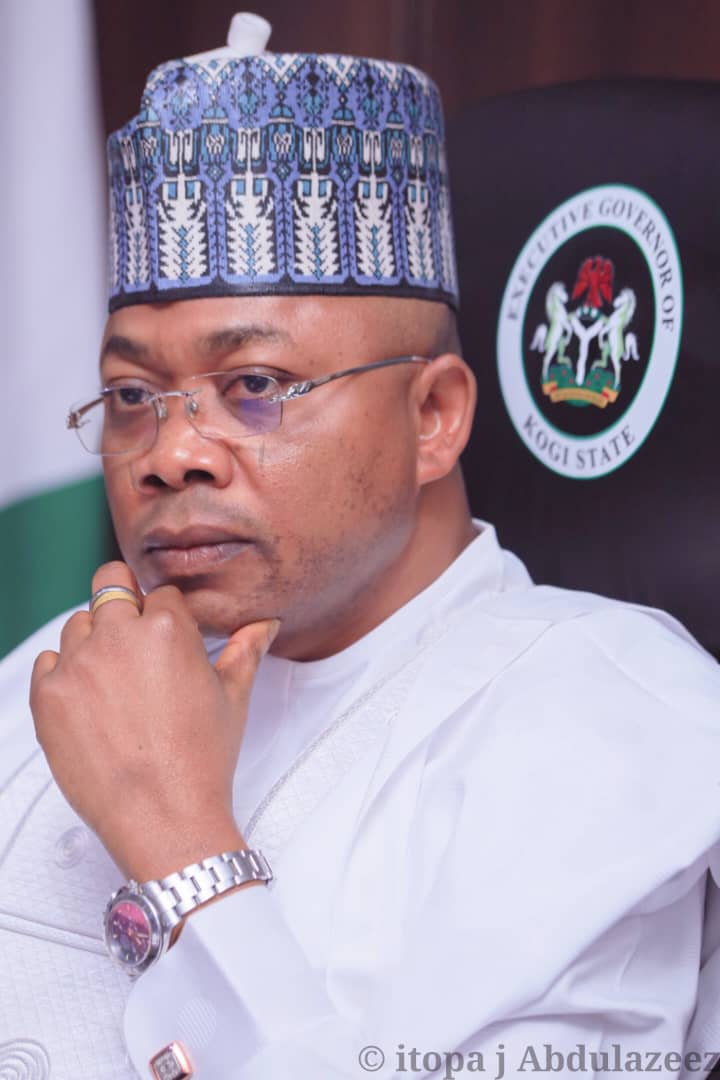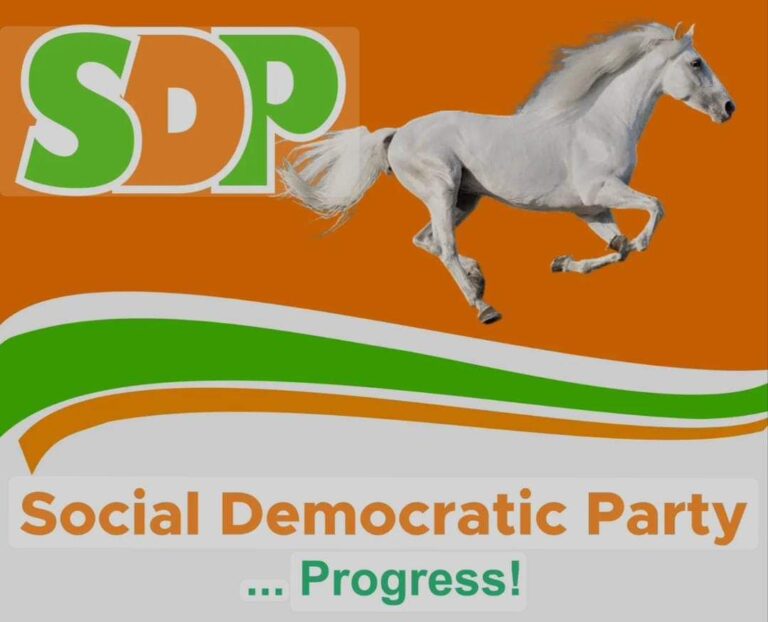Warning: Attempt to read property "post_excerpt" on null in /home/kogiflam/public_html/wp-content/themes/morenews/single.php on line 55

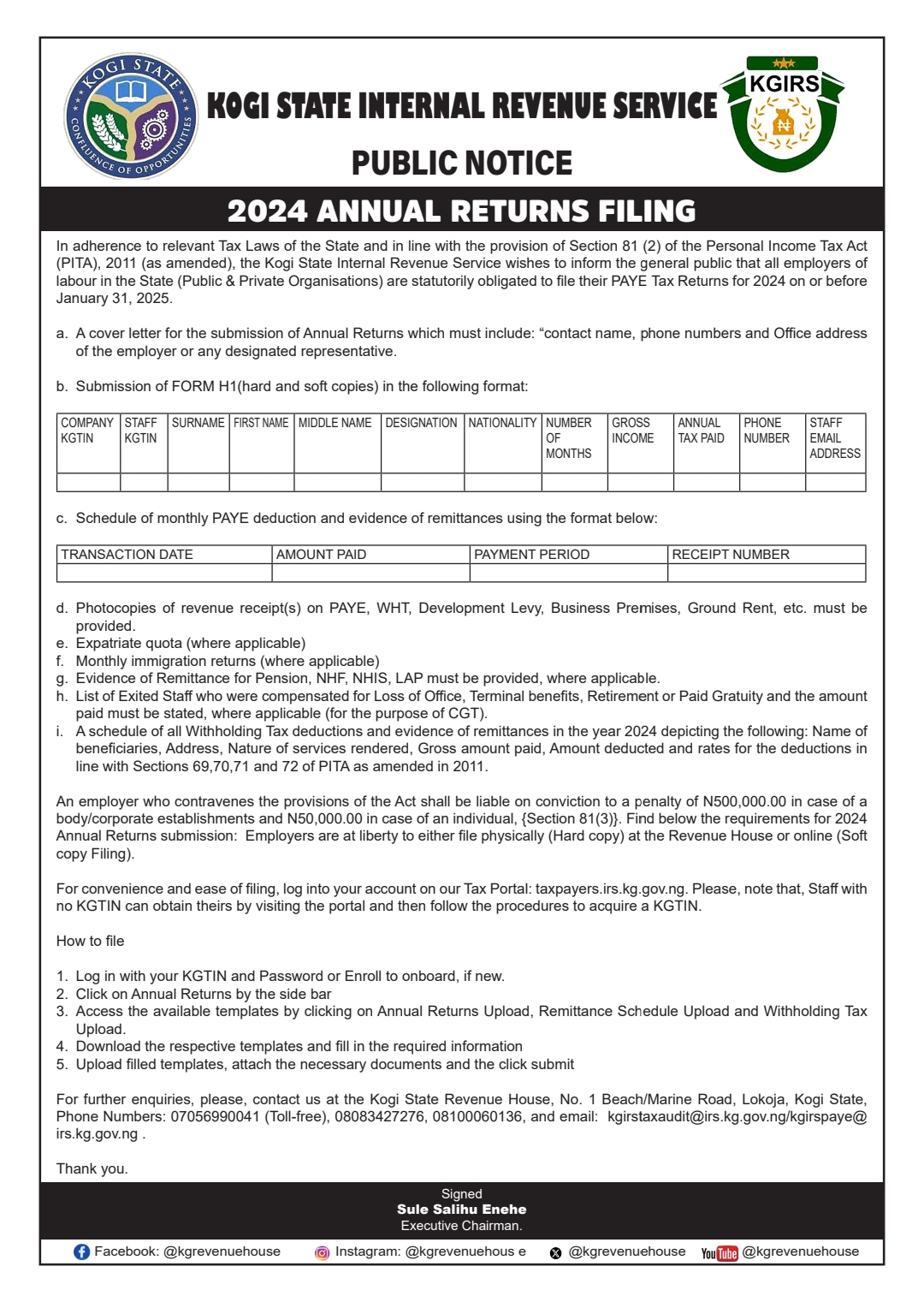
By Tom Ohikere
The Nigerian businessman, founder and chairman of an industrial conglomerate in Africa ” Dangote Group” who is also the richest man in Africa, Alh. Aliko Dangote owns the biggest cement factory in sub-Saharan Africa ” the Obajana plant” in the Western Kogi State expected to produce about 10 million tonnes of cement a year.
It is one of the country’s biggest investments outside the oil sector in recent years. He also operates Coalmine in Ankpa, Kogi state.
His presence in Kogi state supposed to be a blessing and a boost to the economy of the state but instead residents have begun to develop health challenges ranging from eye problems to respiratory difficulties due to the poor mining methods applied in harnessing the coal for powering his factory. This is a double whammy as the Coronavirus attacks the respiratory system in human beings.
Dangote Coalmine for over a decade had been spewing fumes and greenhouse gases into the environment, exposing residents to attendant health risks. His mining activities has created a long term health risk and potential looming environmental disaster for residents and future generations.
The concentration of toxic residues from coal mining, the geological hazards and ecological disturbances of flora and fauna are major challenges from coal mining. There are concerns that Kogi lacks adequate records of transactions and the exact inventory of traded mineral treasures and the impacts on the environment. Surely, there are damaging environmental effects from coal mining across the country aside from the potentials as mentioned earlier. While the ecological problems emanate from the activities of artisanal and small scale mining types, the impacts consist of toxic pollution of air, degradation of arable land, habitat loss, and contamination of water resources.
Additional impacts involve the incursion of built up areas into the natural environment, the littering of mining wastes and abandoned quarries and radioactive contamination are fatal to the communities of operation.
These negative externalities would not have emerged in their lethal forms had there been no interactions between operators “Dangote ” and the mining sites, hence the ecological mishaps.
The ecological anomalies do not occur in a vacuum; they are attributed to a host of socio-economic elements, made up policy, economic variables, the inadequate data, infrastructure and the activities of the informal sector. This stems partly from the fact that mining industry is largely underdeveloped and dominated by informal miners scrubbing minerals to make ends meet with little regulatory oversight to ensure conformance to operational information systems in tracking the patterns and forms of mining impacts standards.
Despite the exploitation of resources by the Dangote Group in the area, the people lacked infrastructure and are not employed by the organisation, the few he employed are been sacked on daily basis. This wanton destruction and exploitation of its resources, the environment, its people, its infrastructure and lack of employment opportunities for indigenes and residents of Kogi State is unpatriotic and detrimental to the Kogi project.
The Dangote trucks have destroyed the road infrastructure in Kogi State from Okaba/Odagbo in Ankpa to Itobe to Ajaokuta and its bridge through to Okene/Lokoja to Obajana, due to the overturned trucks to potholes to a huge number of deaths due to truck accidents and a whole lots of infractions.
Whatever he is giving to Kogi state now is a matter of minimum investment instead of the anticipated maximum amount on the investment and if the law of derivation formula is adopted in Kogi State, it supposed to bring in more revenue for the government, while the original master plan provides for maximum return from Dangote to Kogi state on social responsibilities.
Dangote group has failed to comply with the guiding principles of the Environmental Impact Assessment (EIA) Act at the project onset.
“(1) The public or private sector of the economy shall not undertake or embark on or authorise projects or activities without prior consideration, at an early stage, of their environmental effects.
“(2) Where the extent, nature or location of a proposed project or activity is such that it is likely to
significantly affect the environment, its environmental impact assessment shall be undertaken in accordance with the provisions of this Act,” Section 2 (1)(2) of the Act states.
However according to the recent report as a result of the manifestation of some health challenges within the communities of operation coupled with the complaints of some community women of the taste of their water, the ICIR subjected the water to Laboratory test to ascertain the hygienic level of the provided borehole facility, which indicted Dangote mines, shows contaminated water.
“It tastes oily and strange,” women who were at the borehole facility told this reporter during the visit. The essence of the test is to establish if the water body contained carcinogenic or harmful elements that could be harmful to public health such as lead or other harmful chemicals.
Initially, four samples were taken for study by the reporter from two communities Onupi and Awoakapli where active mining is taking place by the Dangote Coalmines. The samples were stream and borehole water from the communities.
But for the purpose of reliability, an independent body was later consulted by the Global Initiative for Food Security and Ecosystem Preservation (GIFSEP), a Non-Governmental Organisation (NGO), to visit the host communities for fresh samples and subsequent test.
The laboratory tested for hard metals such as Lead, Cadmium, Chromium including Sodium and Manganese among others. However, the test result showed a significant concentration of dangerous microbial elements- water and soil in comparison with the World Health Organisation (WHO) standard.
The United Nations body on climate change among other global experts attributed human actions to increasing change of climate and its adverse effects. These effects have led to rising sea level, flooding, extreme weather conditions and drought currently experienced in Kogi.
His laxity in the area of social corporate responsibility to Kogi state and commitment to the Community Development Agreement (CDA) will no longer be compromised, as the lives of residents are at risk.
In conclusion, in the days ahead, i will explain in details on every factor here.
